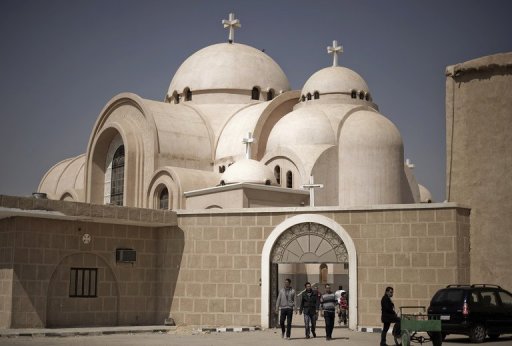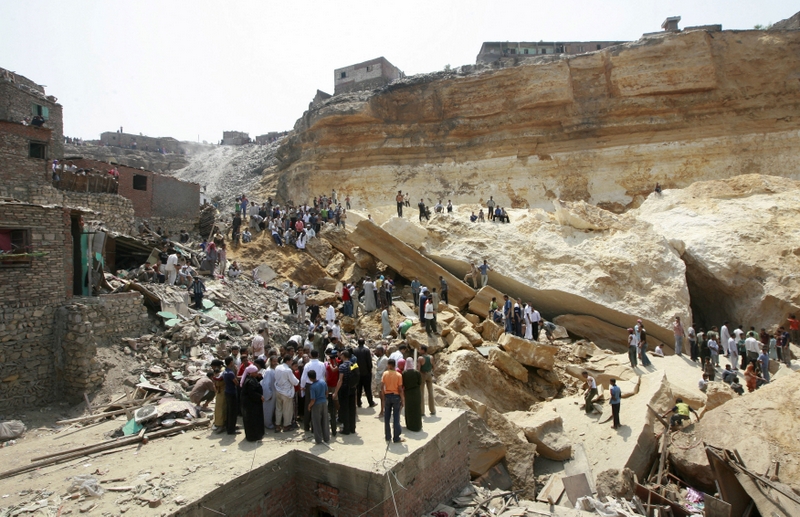The lack of a law regulating the construction and renovation of churches has left nearly 75% of churches in Egypt unlicensed, among authorities’ intransigence towards licensing, based on out dated restrictive laws to grant construction permits, according to a study released by the non-governmental organisation Maat for Peace.
Maat listed at least four international conventions committing Egypt to protect the freedom of belief and practicing religious rites: the International Covenant on Civil and Political Rights, Universal Declaration of Human Rights, Arab Charter on Human Rights, and The African Charter on Human Rights. Egypt supposedly agreed to commit to international recommendations stipulating the protection of religious minorities’ rights.
Yet, according to Maat, the way the state handles the file raises questions, given restrictive procedures such as obtaining construction licenses only by presidential approval, as well as bureaucratic procedures delaying any works related to churches.
More importantly, a heavy security grip is being imposed under the pretext of preventing sectarian tensions, especially in Upper Egypt. Maat recommended penalties against such intransigence to be legally enforced, especially on executive authorities’ staff.
This comes as public demands for a new law on the construction of churches to be issued by the parliament. The past months have witnessed a series of sectarian incidents in several governorates, particularly Minya.


